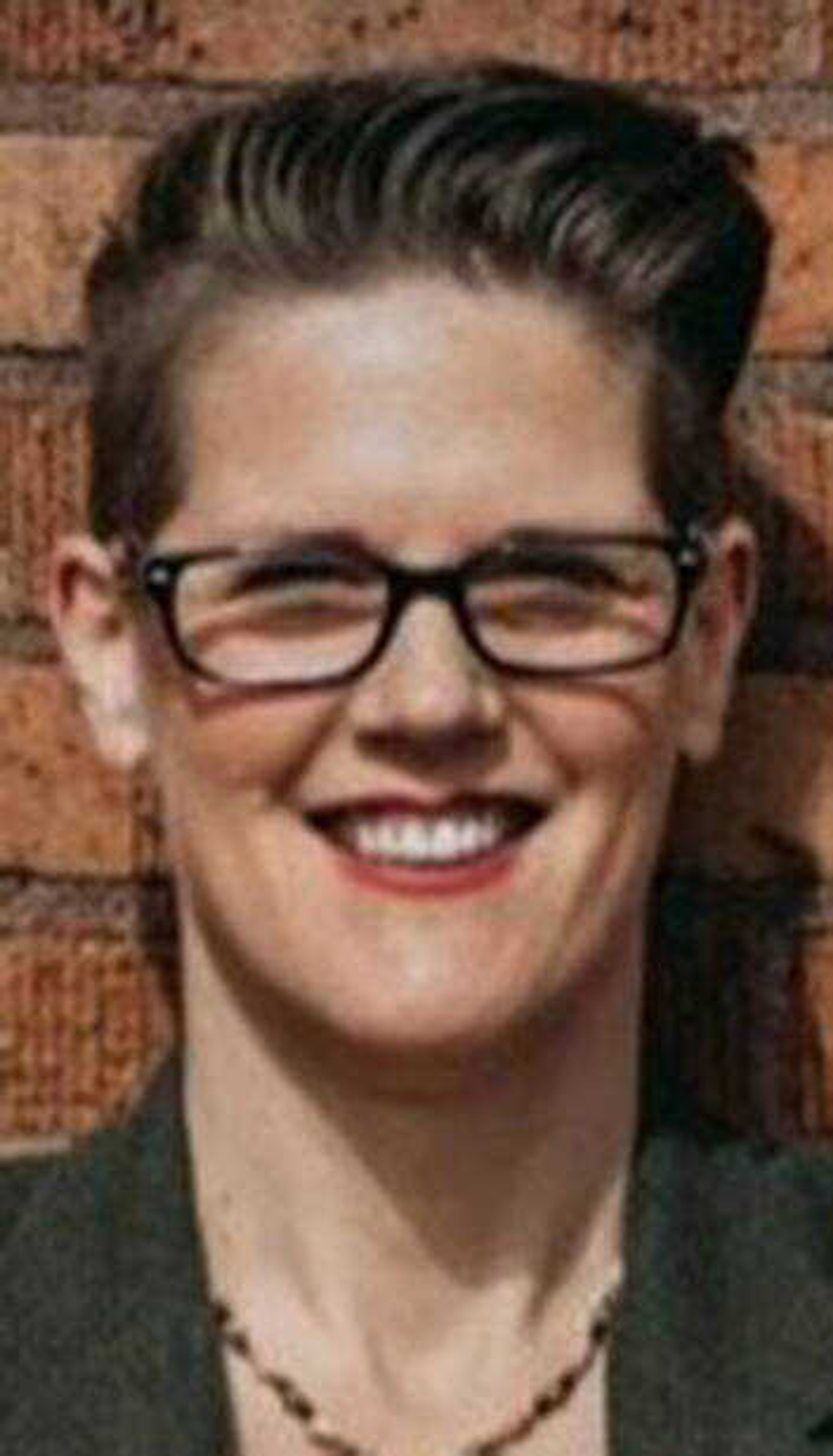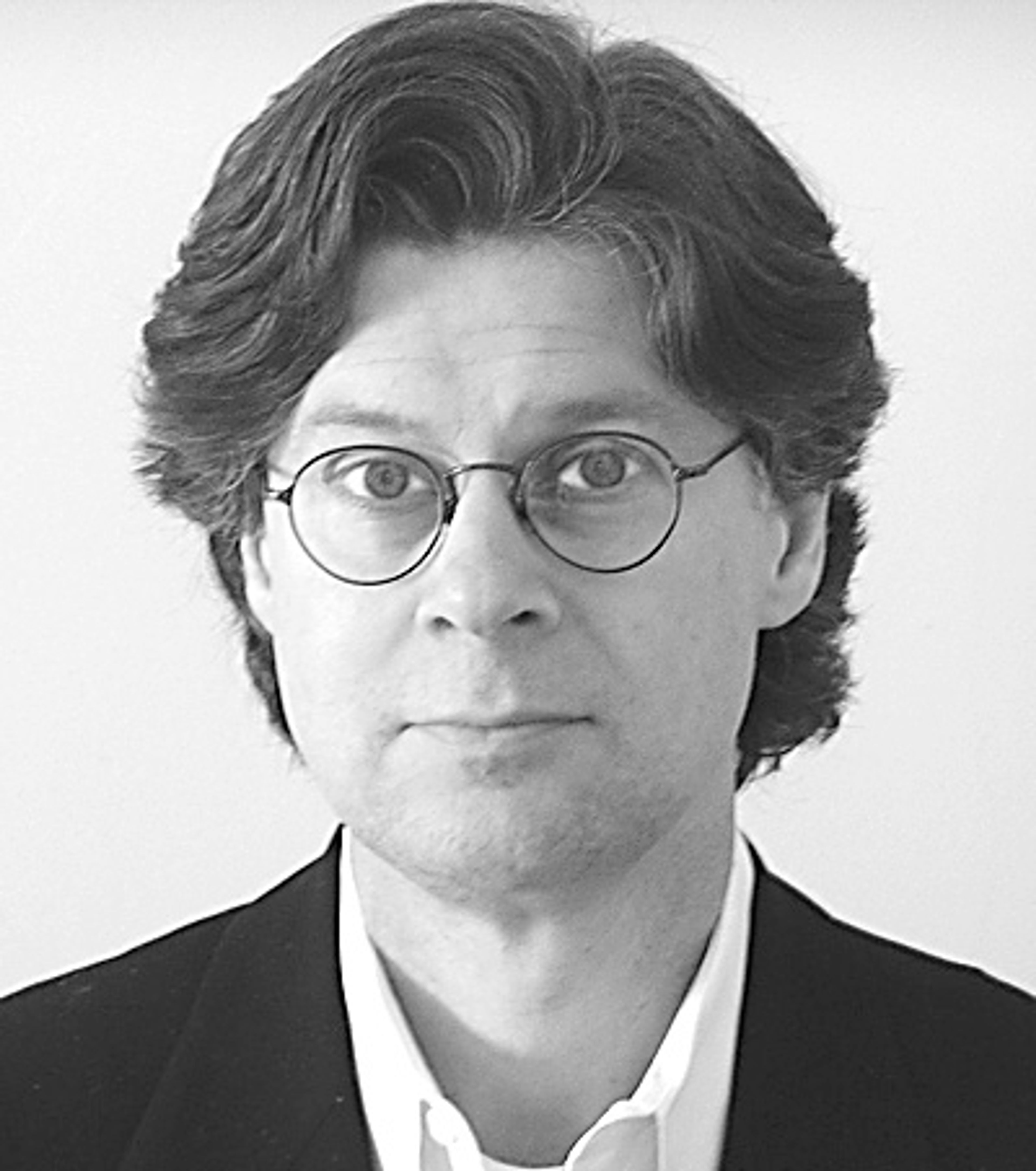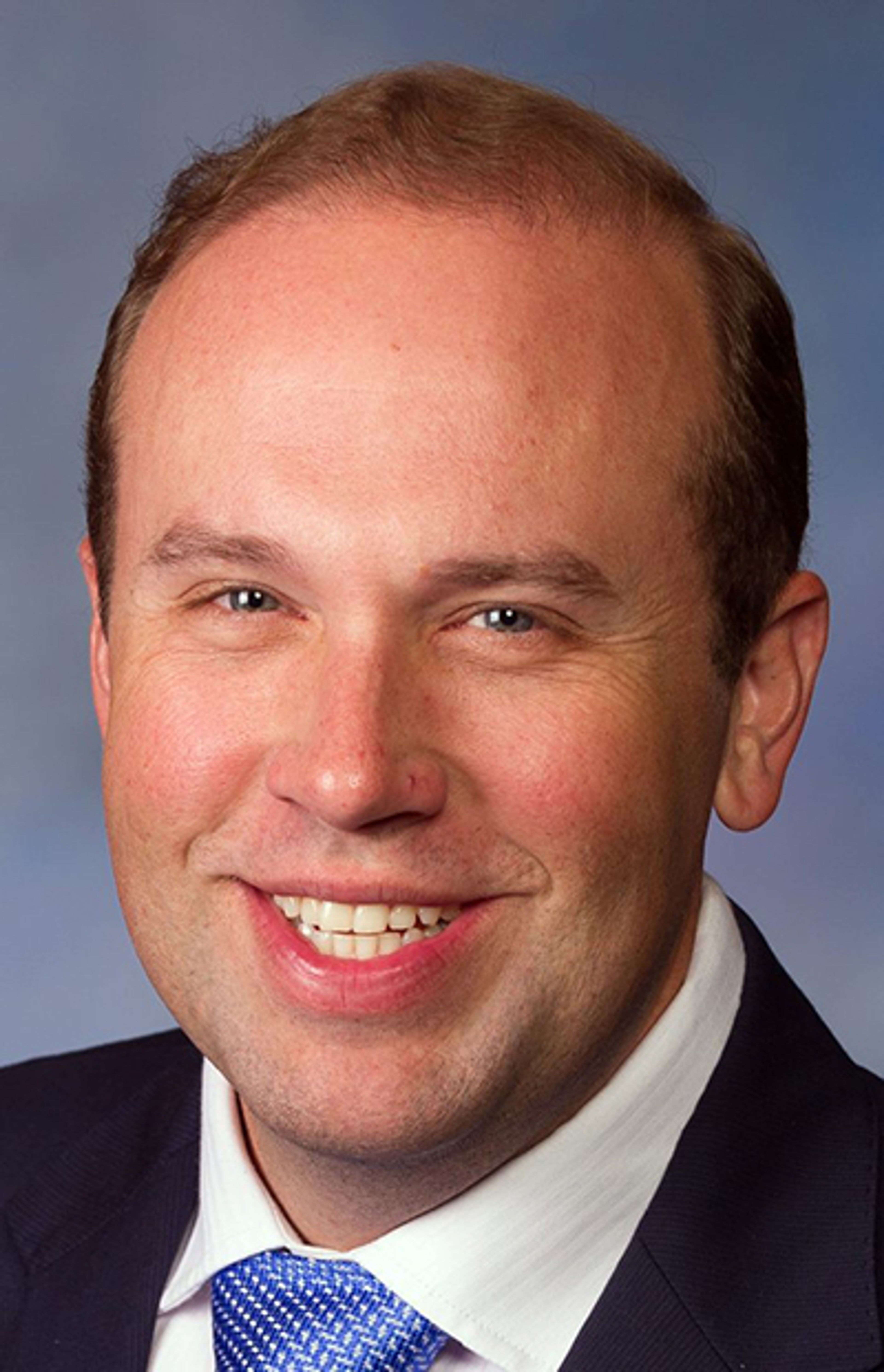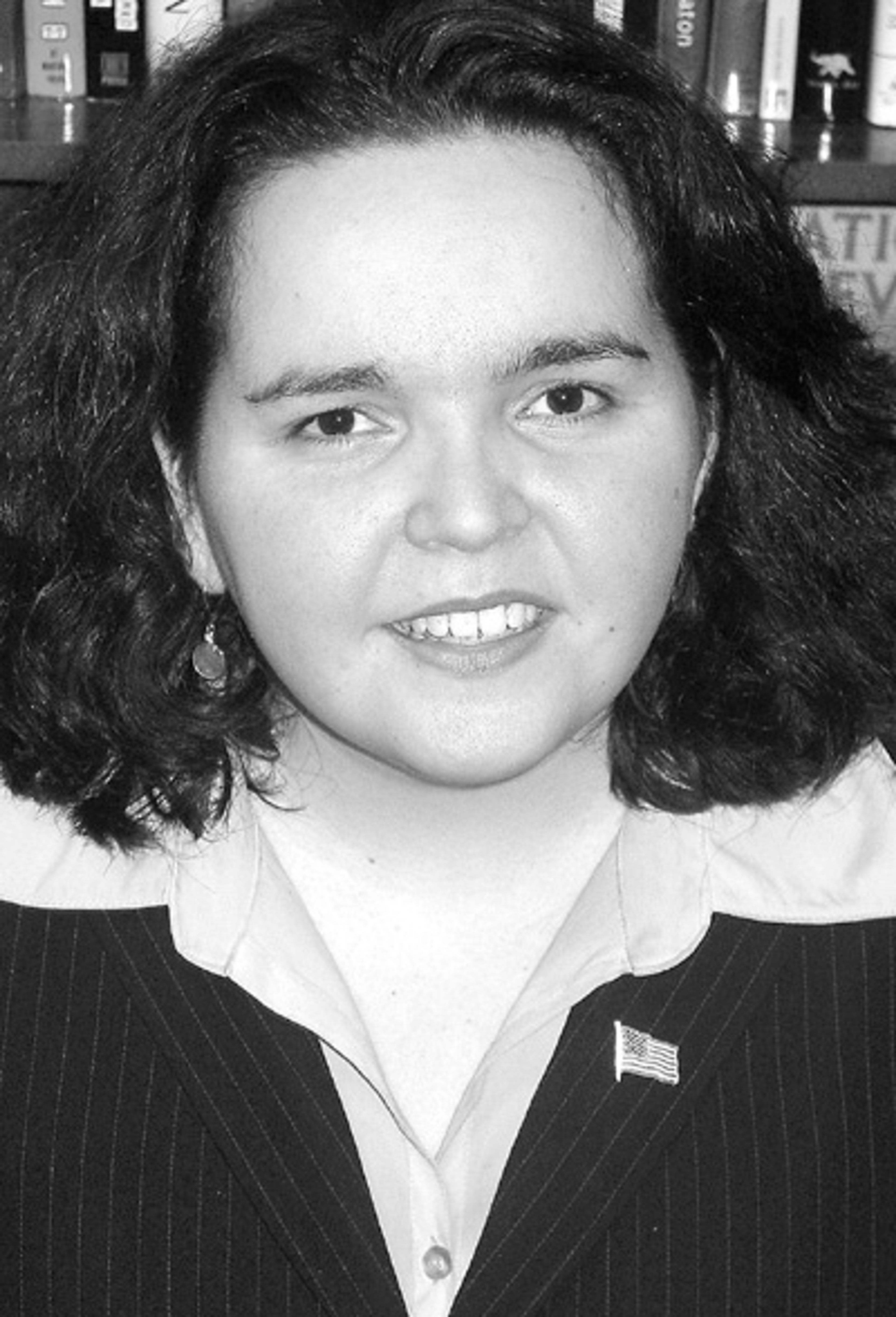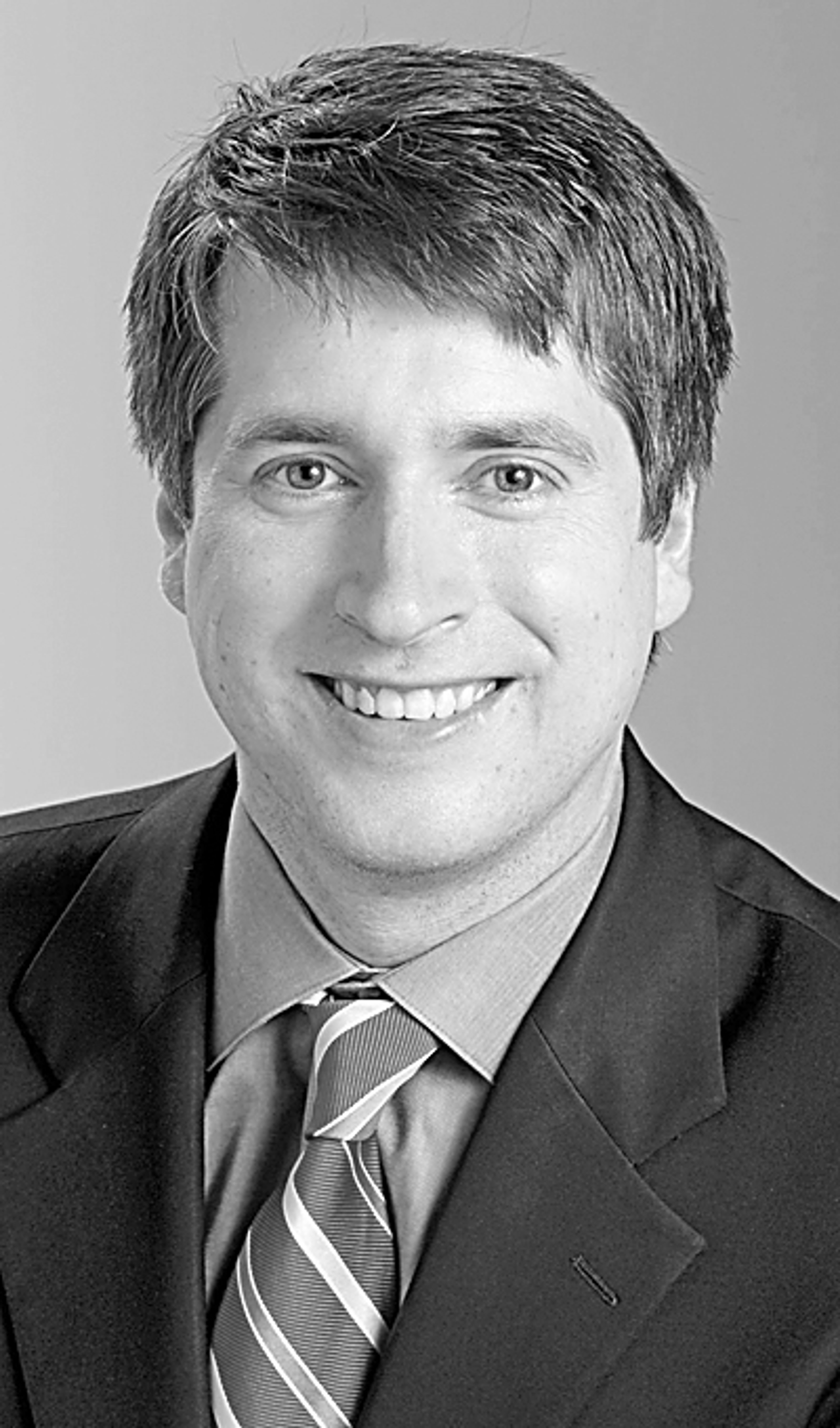How remote work expanded my professional options with chronic illness
One year ago, I accepted the opinion editor position at The Courier Journal in Louisville, Kentucky. This is my first "real job" since 2010 when I worked as the executive director of a small community center in Michigan while freelance writing for magazines on the side...
One year ago, I accepted the opinion editor position at The Courier Journal in Louisville, Kentucky. This is my first "real job" since 2010 when I worked as the executive director of a small community center in Michigan while freelance writing for magazines on the side.
I was 35 when my joints began swelling. Then the pain set in and fatigue coerced me into daily naps. My doctors couldn't pinpoint what was wrong, but my knee needed surgery. In the recovery room, I finally got a diagnosis: psoriatic arthritis. It's tricky to diagnose. There's no blood test for the disease.
My orthopedic surgeon referred me to a rheumatologist who told me that if I had been diagnosed 40 years earlier, I wouldn't have lived to see 50. The fact my diagnosis happened a decade into the new millennium was supposed to give me hope in modern medicine.
But with modern medicine in America comes unmatched bureaucracy. I jumped through the cruel hoops my insurance company required in order to access the medication I was told would save my quality of life. Insurance companies call it "step therapy," which is basically their way of making you try the cheapest drugs first in case those are good enough.
It didn't matter what my doctor said. It didn't matter that it would cost me a job that I loved. It didn't matter that a pregnancy wouldn't be viable while taking these drugs so I would have to give up that dream, too. So, I took the drugs and I walked with a cane when I wasn't lying in bed on a heating pad with pain meds to soothe me.
My body was breaking and so was my heart.
I changed to a rheumatologist in Chicago at Northwestern University and took the train from Western Michigan to see him. He appealed our insurance company's decision again and again until they agreed to pay for biologic treatment. I slowly began to crawl out from under the grips of this disease. I got my quality of life back and started freelance writing again.
The disease has not stopped, just slowed down. I still have days I need to rest. I also have to pace myself and prepare for long stretches of activity.
The pandemic showed the world that remote work was productive. It could be a permanent reality for many industries — journalism included. I don't know whether I would have even tried to apply for my current job had I not felt confident that I would be able to work some of it from home. I like being in the newsroom, but I also like the flexibility that restful days at home bring. Even on bad pain or fatigue days I can work from my laptop in my pajamas, even from bed. My brain functions well and I like to use it.
I'm 47 years old. I'm acutely aware of that 50-year mark the rheumatologist mentioned, but I don't intend on stopping any time soon. I have a lot of expectations for my life and there's a lot I still want to do. I also know that no matter when I die — whether I'm 50 or 90 — I'm still running out of time.
Connect with the Southeast Missourian Newsroom:
For corrections to this story or other insights for the editor, click here. To submit a letter to the editor, click here. To learn about the Southeast Missourian’s AI Policy, click here.

